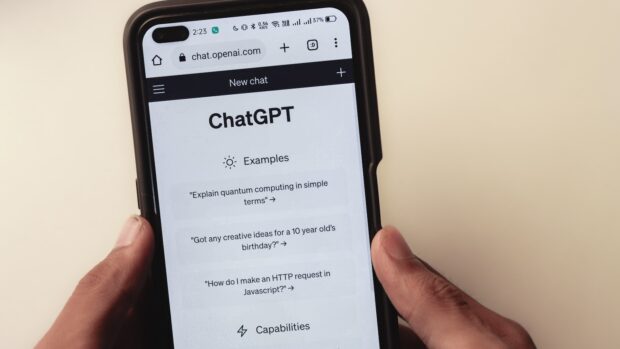Recent Studies Show Conflicting Results on ChatGPT’s Impact on Productivity
Recent studies have raised important questions about how ChatGPT, a generative AI tool, affects productivity. One study conducted by Harvard University showed that using generative AI improved the output of social scientists and consultants. However, another study conducted by the Boston Consulting Group found that ChatGPT actually decreased worker performance. These conflicting findings highlight the need to examine the impact of artificial intelligence on our society and prepare for a future dominated by AI.
Regardless of which side you’re on, these studies provide valuable insights for adjusting your life in a world where more countries are adopting generative AI tools. In this article, we will discuss both studies and the insights they offer regarding ChatGPT’s productivity.
The Positive Harvard Study
The Harvard study involved hundreds of consultants who were randomly assigned to either an AI-enabled group or a control group. Both groups performed various tasks, including writing, marketing, analytics, persuasion, and creativity. Tasks ranged from creating press releases to conducting market segmentation. The results, as shared in a blog post by Wharton Business School Professor Ethan Mollick, revealed that consultants using ChatGPT-4 outperformed those who did not. They completed 12.2% more tasks on average, finished tasks 25.1% more quickly, and produced 40% higher quality results. The AI tool acted as a skill-leveler, helping low performers keep up with the best. Even the worst-performing consultants saw a significant improvement of 43% when using AI programs.
However, the study also found that highly skilled workers saw little to no benefit from using artificial intelligence systems. Despite this limitation, the study demonstrated promising potential for AI tools in increasing workplace productivity and allowing companies to achieve greater output with the same number of employees. However, the study also acknowledged the potential negative impact of AI adoption, such as increased worker stress and burnout due to higher demands from businesses.
The Negative BCG Research
A more advanced study conducted collaboratively by BCG, Harvard, Wharton, and MIT involved 758 consultants from BCG, divided into three groups: ChatGPT group, GPT-4 group, and a control group with no AI. The first group used the free version of ChatGPT with the GPT-3.5 Turbo large language model, while the second group used GPT-4, OpenAI’s latest language model with superior features. The researchers provided training to all groups in using these AI tools and assigned them tasks categorized as either “inside the frontier” or “outside the frontier” of what the AI bot could handle.
The study found that the first group, using ChatGPT, became significantly more productive and produced higher quality results compared to the control group. Tasks within the AI bot’s capability were completed successfully. However, the second group, using GPT-4, was 19 percentage points less likely to produce correct solutions compared to those without AI. Consultants in this group relied on ChatGPT even when it provided incorrect answers. Another study from Harvard Business School warned of the negative effects of AI on job recruiters, stating that high-quality AI could make recruiters lazy, careless, and less skilled in their own judgment. This dependency on AI could ultimately weaken human intellect.
Conclusion
These studies demonstrate conflicting insights into the productivity impact of ChatGPT. However, they underscore the fact that AI is an emerging technology with immense potential. As the capabilities of AI continue to grow, it is essential for professionals and organizations to recalibrate their understanding of the frontier and prepare for a new world of work that combines humans and AI. By staying informed about the latest digital trends and following the sources provided in this article, you can continue to adapt and thrive in an AI-driven society.
Denial of responsibility! Vigour Times is an automatic aggregator of Global media. In each content, the hyperlink to the primary source is specified. All trademarks belong to their rightful owners, and all materials to their authors. For any complaint, please reach us at – [email protected]. We will take necessary action within 24 hours.


